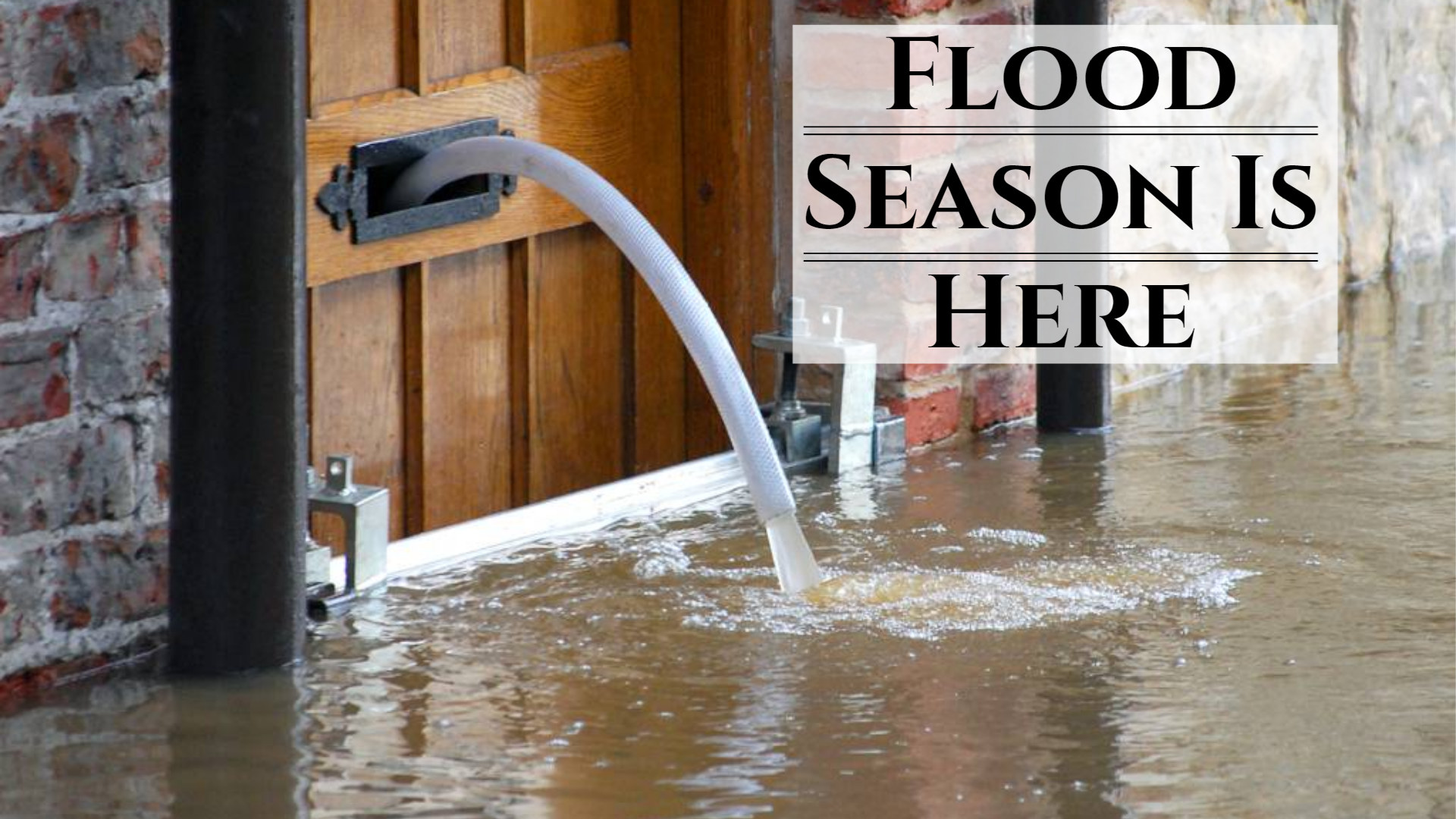
Extreme Driving Conditions: Driving in Rain, Fog & Winter Weather
The weather can be unpredictable and can create extremely hazardous conditions on the road. These extreme conditions make driving dangerous and require special safety precautions. Your safety is important to , so whether you drive on company time or simply during your commute, observe these safety tips when driving turns difficult.
Rain and Thunderstorms
- Turn your headlights, wipers and demister on to increase visibility.
- Drive in the tracks of the vehicle ahead of you and reduce your speed.
- Allow increased space between your vehicle and others, and leave extra time to stop.
- If you begin to hydroplane, hold the steering wheel straight and remove your foot from the accelerator.
- If you are caught in a thunderstorm, pull off the road in an open area and away from trees (to avoid a lightning strike).
Winter Weather
- Always remove ice and snow from your windows, bonnet and headlights before departing.
- Drive with extreme caution and at slow speeds. You will need 3 to 12 times the amount of stopping distance than you need without precipitation.
- If possible, avoid bridges and flyovers since they freeze first.
- Do not brake quickly as you may spin out of control.
- If you should get stuck, straighten your wheels and accelerate at a slow pace.
Fog
- Slow down before you reach a patch of fog in front of you.
- Use only your low beams or fog lights, and put on your demister and windscreen wipers to increase visibility.
- If the fog is extremely thick, roll down all of your windows to hear other vehicles around you.
- If you cannot see the road’s edge, pull off on the left and put on your hazard warning lights. Do not start driving again until you can see.
Claims
We have a dedicated 24/7 NC Assist claims line for any vehicle accidents or incidents. Simply call 0845 194 9236 at any time.
In the event of suffering a non-motor vehicle loss outside of office hours, you should report the incident directly to your insurer. You can find your insurers’ claim line telephone number on your policy documents.





